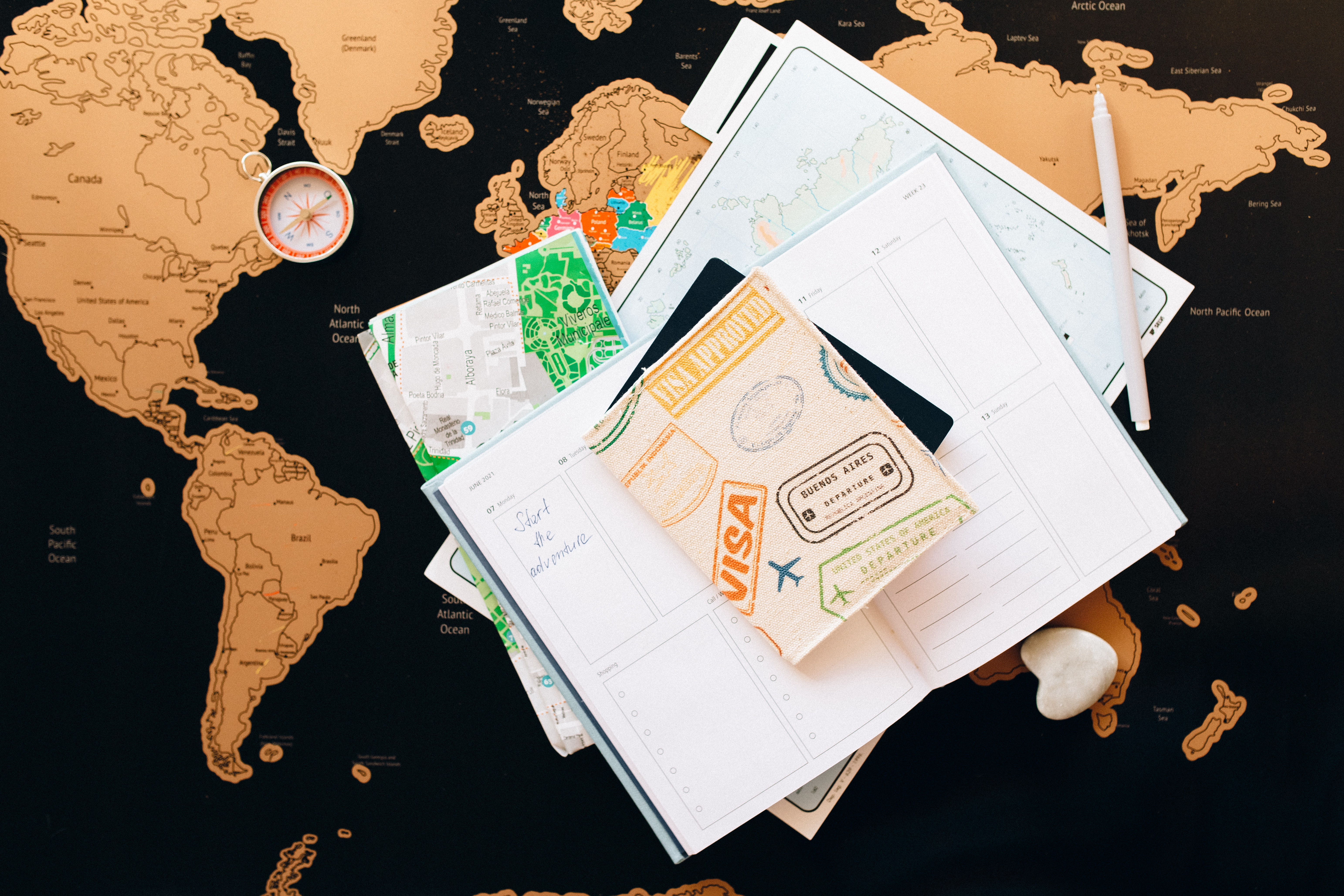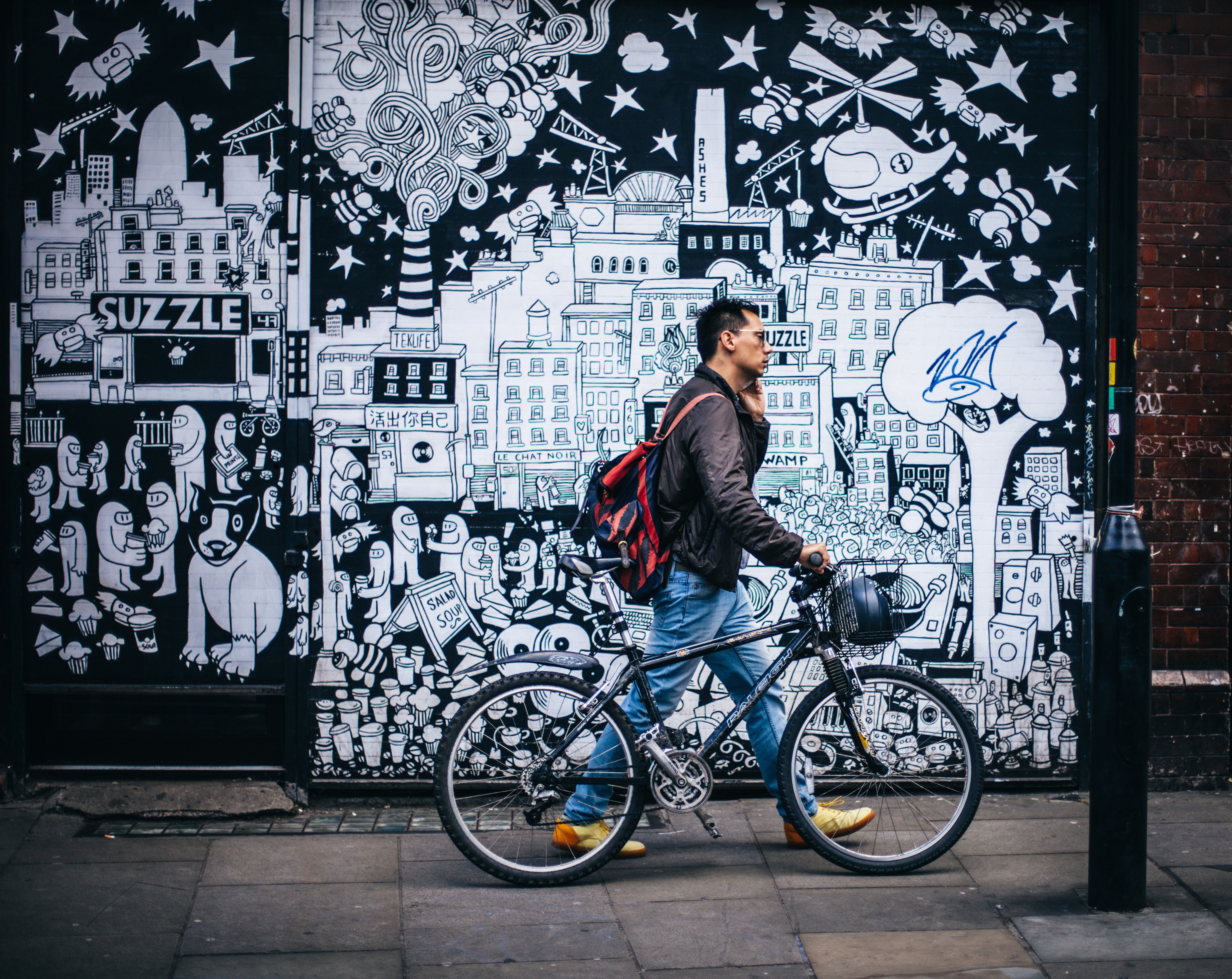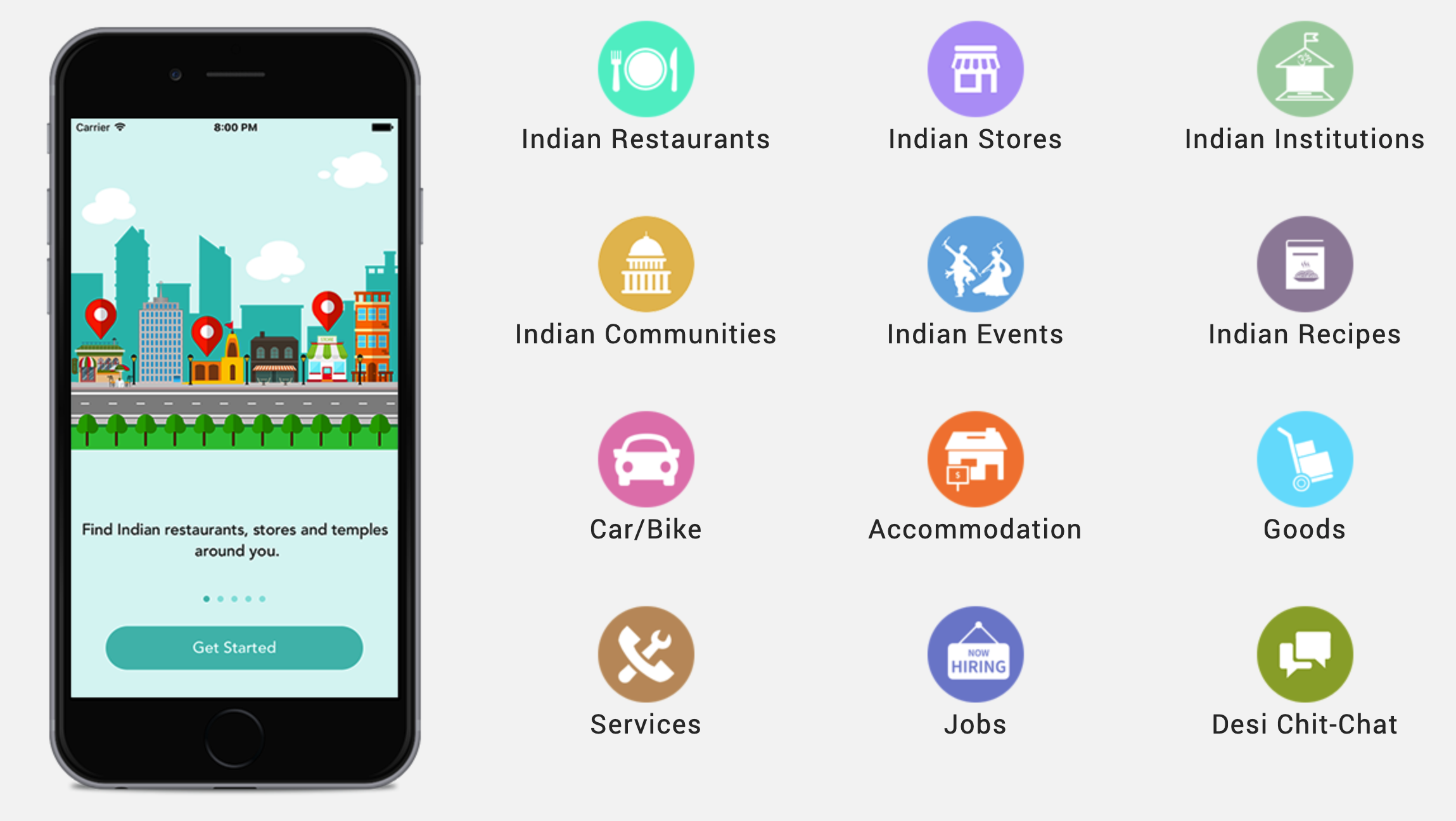Australia has 8 of the top 100 universities in the world. So it’s no surprise it attracts students from around the world. It also has the highest number of foreign students. The friendly nature of the people, the high living standards, and the excellent educational opportunities Australia offers are some of the reasons why students flock here to get an education.
However, the idea of moving to and studying in Australia can be pretty daunting. It’s all the way to the other side of the world and is a massive country, so there are a lot of unknowns. Life on that side of the world can be very different to the one we live here in India. There are a plethora of things to be taken into consideration. Hence, studying in Australia does require some prior research and preparation.
So if you’re an Indian who aspires to pursue his higher education in Australia, this blog is for you!
Let’s go over 10 key things to know before you study in Australia :
- Visa Application
If you want to study in Australia for a course that lasts more than three months, then you will need to apply for a visa. The process for application can be fairly easy. However, some of the details can get confusing and that’s where a good overseas education consultant can really be helpful to give you clarity and help you through what can be a tricky process.
2. Health Insurance
You may be required to have your own health insurance before travelling to Australia to complete your higher studies. This rule tends to change from time to time, therefore it is important to check and make sure before you apply. It’s best if you research various companies that provide health insurance for international students, and apply to the one that best suits your needs.
3. Local Bank Account
If you are going to be spending a semester or any significant amount of time in Australia, then you may find that it is worth your while to open a bank account of your own. Opening a bank account in Australia is a very important step for Indian students to manage their university tuition fees and other daily expenses. A local bank account can help students save money in the long run.
The account can also come in handy for expenses that you may incur while you study in Australia. This will allow you to pay the bills and keep your money safe.
For this, you will require a passport, proof of residence and proof that you are a student. You also avoid the high fees that you will be charged if withdrawing from an account in India.
4. Transportation
Australia has a wide range of transportation options from buses, trains, trams, taxis and ferries. The availability and cost of each option depending on where you live in Australia.
Each state and territory of Australia has its own transportation network. Student concessions in each city are different. Some cities offer it while some do not.
i) Driving
Generally, you can use your current and valid Indian driving license in Australia to drive. But many state and territory governments of Australia require you to get an Australian driver’s licence if you are here for a period longer than three months.
You have the option of buying a new/used car or even renting a car. Remember though that the expenses that follow will be huge. From buying the car to the maintenance, it can get fairly expensive.
ii) Taxis
Though it’s a common mode of transportation for tourists, students generally do not prefer it as it is quite an expensive option. You cannot negotiate the fare and have to pay as the meter shows.
Uber, Ola, Bolt (Formerly Taxify) and Didi provide taxi services in Australia.
iii) Bicycle
One of the easiest travel options in Australia is bikes. It not only helps you save a lot (up to A$1000 per year!) but is the healthiest travel option too. You can either get a new one as per your budget or a used one from online market websites.
5. Accommodation
To find a place to stay in Australia, you need to register with the international affairs ministry and the Indian embassy. This will legalise your stay in Australia and help you in getting temporary residency within 24 to 48 hours.
There are two types of accommodation a student can opt for:
On-campus :
On-campus accommodation has many conveniences.
You do not need to move around a lot, from class to accommodation and vice-versa. Also, you can utilise all the facilities provided by the college like a gym, pool, library etc.
But the biggest downside of this option is the pricing! On-campus accommodation costs around A$30 on average per day! You will have to pay an admission fee of almost around A$700-800.
Off-campus :
This is the preferred option among most students. You can find accommodation online. You do not need to provide a payslip or rental history for accommodation through these websites. When you are a newcomer, you will obviously not have a payslip and/or rental history.
There are many groups and pages on social media platforms, where you can get regular updates on student accommodations. Just type in and search for ‘Indians in Australia’ on Facebook or specify your location and suburbs to narrow down your search and get a more concise result.
For student-specific accommodation, you can check out websites online. An offline option like the student services office of your university, student notice board, newspapers and real estate agents can also help you find accommodations.
Shared accommodation is the best option when it comes to cutting down on expenses. More the people with whom you share your accommodation, the less you need to pay. If you choose a location in a very happening area then the rent would be very high obviously and if you choose an area little outskirts to the city then it can less by around A$200-300 a month. When you plan to rent out an apartment or room, you need to specifically enquire whether the rent is inclusive of bills. Electricity, water, gas, Wifi etc all come under the category of ‘bills’.
Rather than putting all the eggs in one basket, it is always best to reach out to various types of platforms and applications that can help out with transportation or accommodation issues. DesiPedia is one such application where “Desis” can find accommodation, and jobs and keeps them up to date with all events within the Indian community.
Conclusion :
Since 2017, there has been a continuous increase in the percentage of international students accepted by Australia by approximately 11%. For the 2020 semester, regardless of the pandemic that has gripped the world, the number of Indian students enrolled in Australian universities has not seen a major drop.
Australia is a great place for international students because of its cultural diversity and laid-back nature. The nation promotes a spirit of equality that embraces mutual respect and tolerance among the people. The people are very open and welcoming and it’s considered a very safe country for international students. The country certainly offers a high standard of living and a wonderful platform to complete your education and build a great life. Good luck & best wishes!









